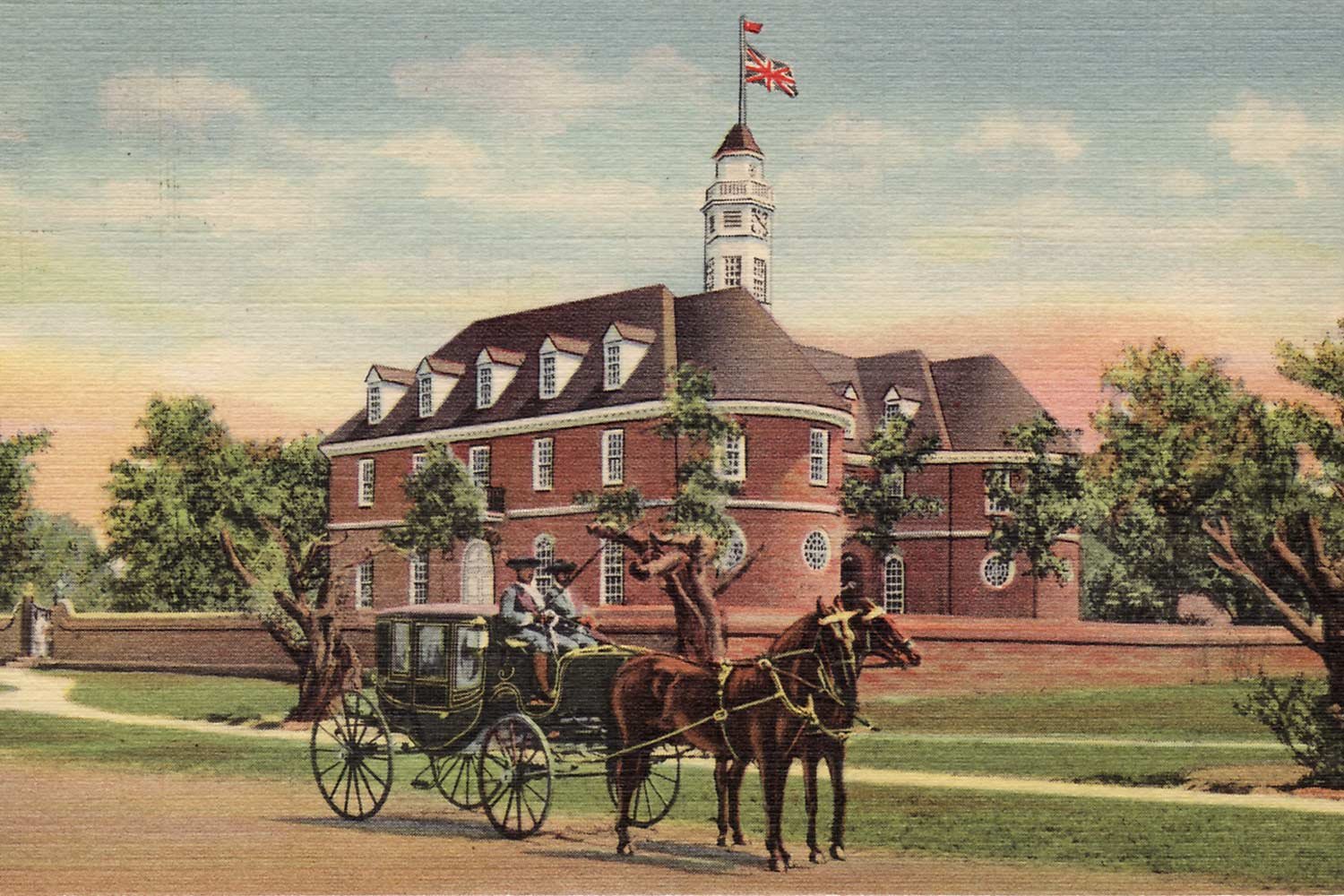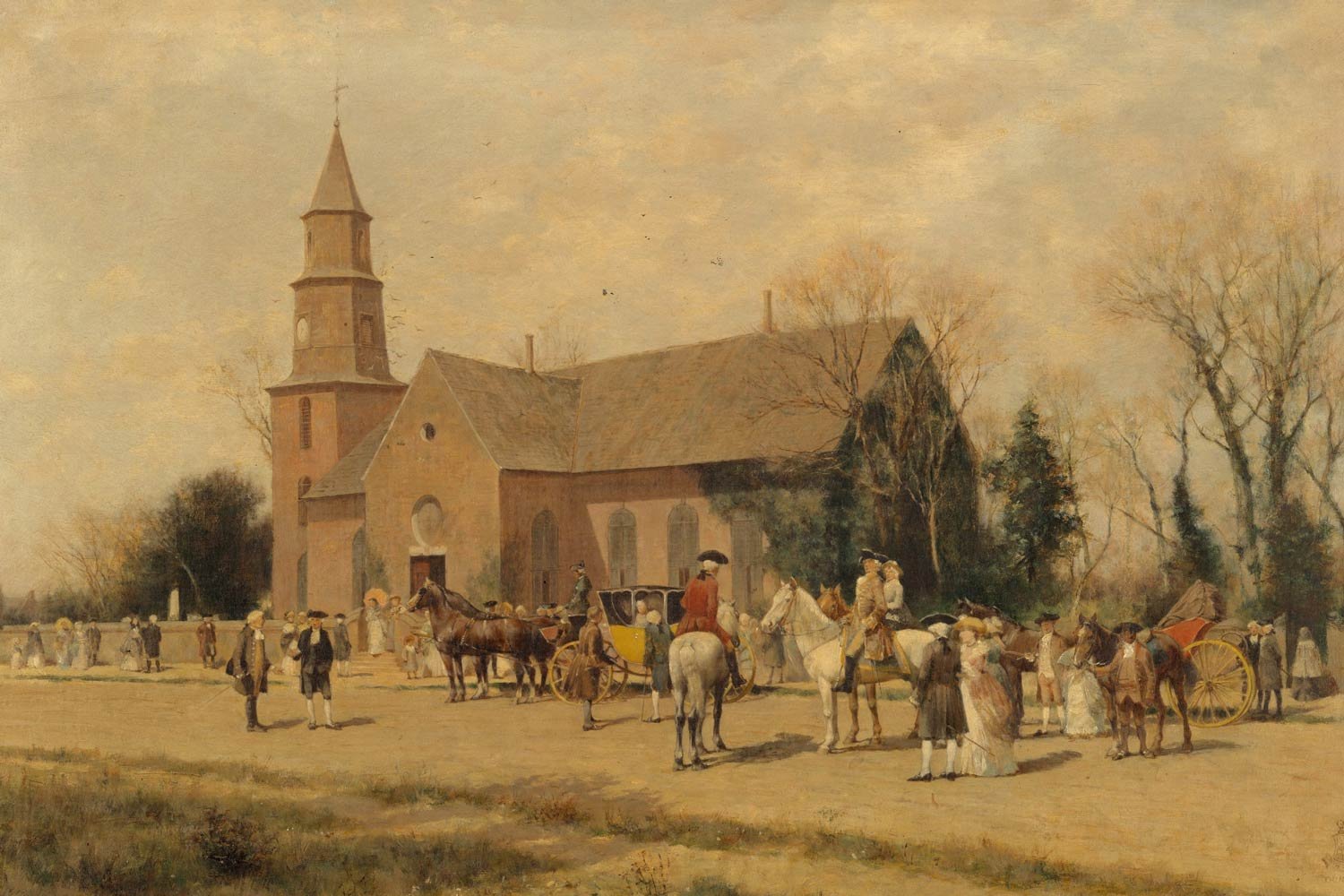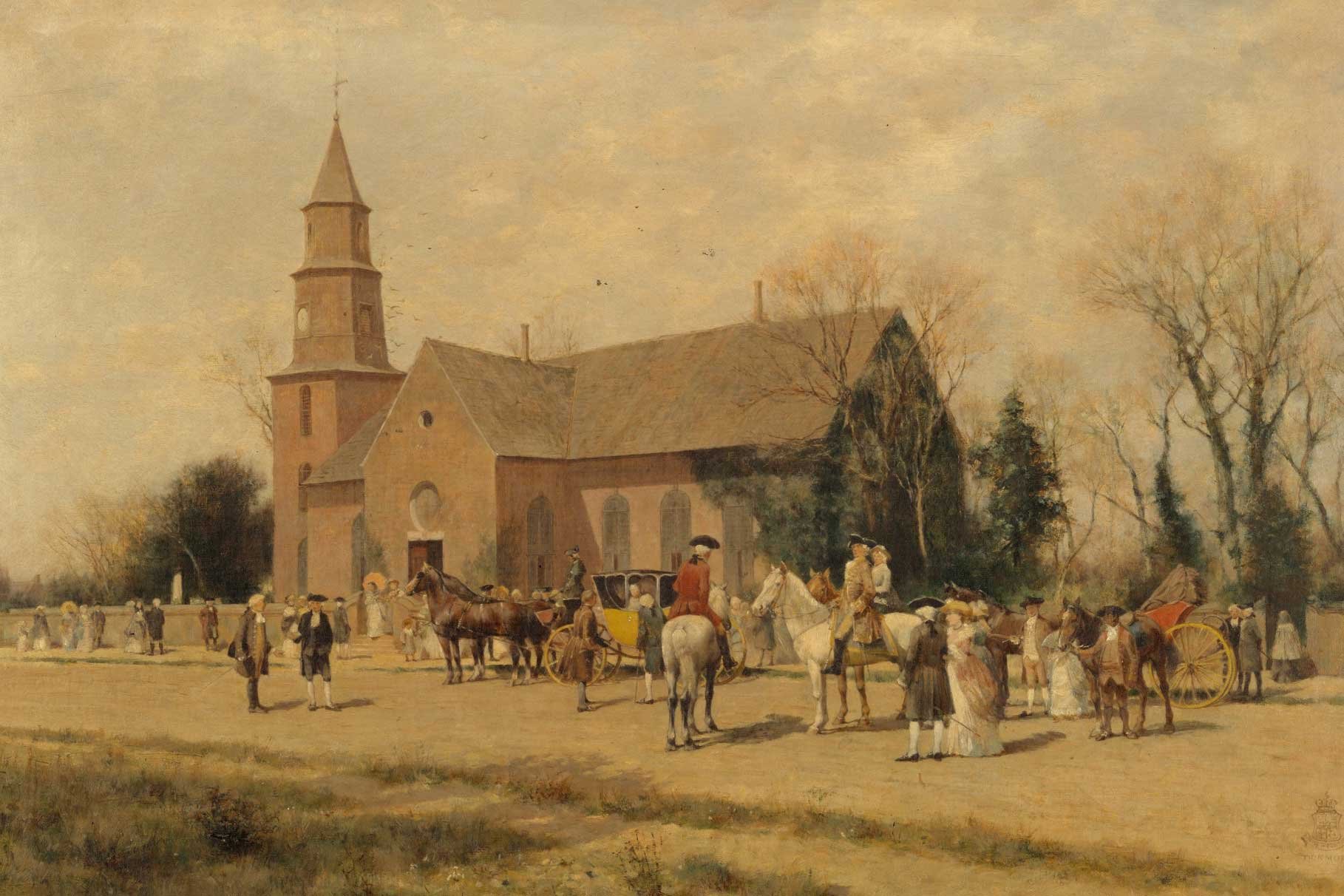Virginia’s House of Burgesses
In 1619, the Colony of Virginia created a General Assembly, which included 22 men called burgesses. These men had been elected by Virginia’s eligible voters, making the House of Burgesses the first representative legislature in British America. In the years leading to the American Revolution, as Parliament introduced more burdensome legislation, the House of Burgesses was at the forefront of colonial opposition and had an outsized influence on the founding of our great nation.
Tom Hand, creator and publisher of Americana Corner, discusses how the House of Burgesses was an eloquent and vocal proponent for American liberty, and why it still matters today.
Images courtesy of National Park Service, Encyclopedia Virginia, Library of Congress, National Portrait Gallery - Smithsonian Institution, Metropolitan Museum of Art, Mount Vernon, Wikipedia.




Thomas Jefferson’s revolutionary journey began in the 1760s and culminated in his masterfully written Declaration of Independence in 1776. But in between these events, Jefferson crafted one of the most impactful statements ever for American independence. Entitled A Summary View of the Rights of British America, it was perhaps the most logical assessment of the true relationship between Great Britain and her American colonies. The concepts Jefferson laid out had been refined and brought into focus following several dustups with Lord Dunmore, the new Royal Governor.